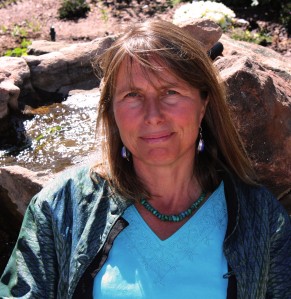
"Obamacare: Where's The Train Wreck?"
Republicans deliberately contradict reality and routinely deny demonstrable truth.
In the main, American conservatives are dis-eased people.
They start by lying to themselves. Then they lie to others.
Their falsehoods and fabrications are so suffusive that they mistake their enveloping milieu of mendacity as Truth.
"American Conservatives And Oppositional Defiant Disorder"
http://paxonbothhouses.blogspot.com/2013/09/arrested-development-american.html***
Insurers are increasingly buying into Obamacare. "Participation in the 36 states using the federal enrollment Web site, HealthCare.gov, is expected to increase from a combined 191 insurers in the 2014 enrollment period to 248 in 2015, according a HHS report issued Tuesday. Eight states running their own marketplaces will see insurer participation increase from 61 last year to 67 in 2015....Consumers in some states with especially limited choices in 2014 will see increased competition during the next enrollment period, according to the HHS report....However, HHS still hasn’t finalized contracts with insurers to sell in the insurance marketplaces, meaning some could still pull out." Jason Millman in The Washington Post.
Obamacare is meeting broad goals. "Last week, Medicare Administrator Marilyn Tavenner said 7.3 million of the 8.1 million who signed up for coverage this year actually paid their premiums. Yesterday, HHS reported that 8 million people enrolled in Medicaid or CHIP coverage since open enrollment began in October 2013. In her speech at Brookings, Burwell said the number of uninsured adults has fallen by 26 percent, or 10.3 million people from 2013." Tony Pugh in McClatchy Newspapers.
Related: Where did Obamacare's $3.7B go? Sarah Ferris in The Hill.
Background reading: What would a GOP Senate mean for Obamacare? Jennifer Haberkorn in Politico.
Obamacare decision puts Boehner lawsuit on notice. "On Monday, the 7th Circuit Court of Appeals threw out a suit filed by the Association of American Physicians and Surgeons in 2011, saying the plaintiffs did not have standing to sue....The suit is similar to that authorized by House Republicans in July to sue the president over the same delay. Of course, the GOP’s argument differs from the doctors’. They say Obama’s use of executive authority to bypass Congress 'threatens the separation of powers.' Still, legal experts also have doubts about that case’s standing." Brianna Ehley in The Fiscal Times.
Other health care reads:
Companies' health costs are decreasing at lower clip. Question is, will that continue? J.D. Harrison in The Washington Post.
The weird bipartisan consensus on birth control. Sara Libby in The Atlantic.
They took on Medicare fraud — and won. Eric Pianin in The Fiscal Times.


































